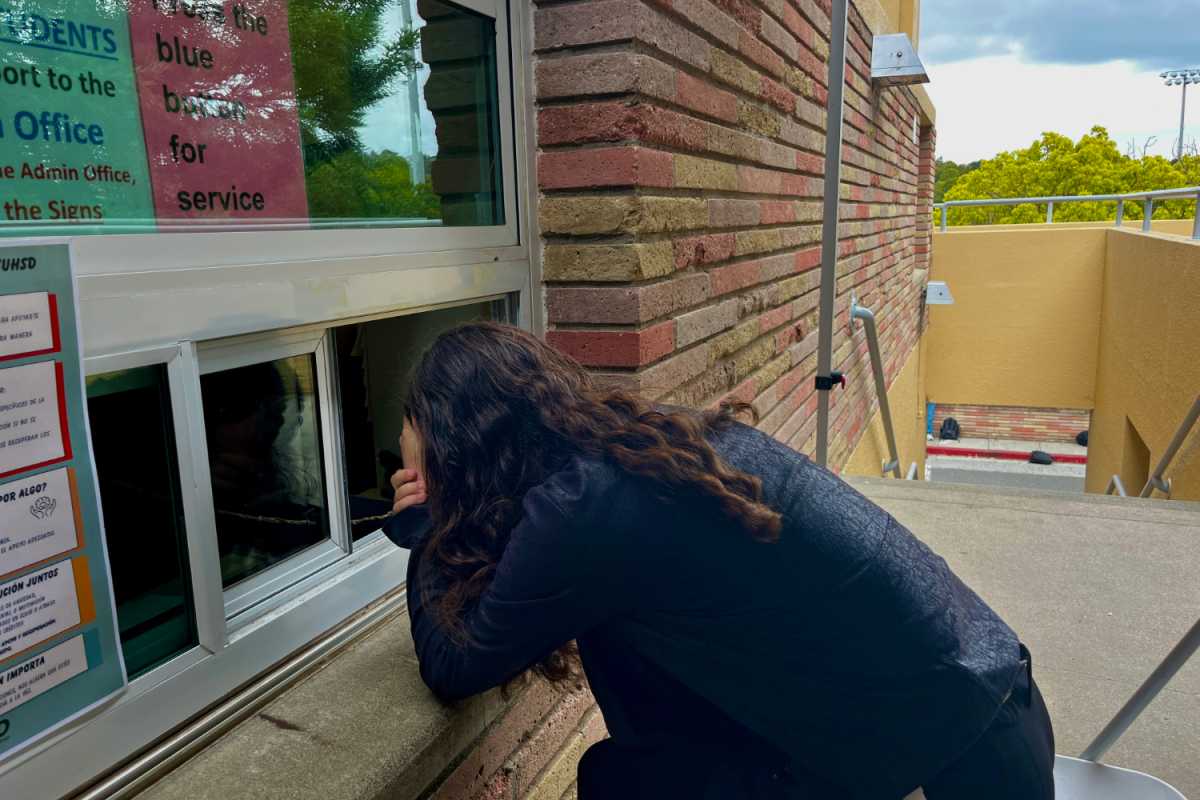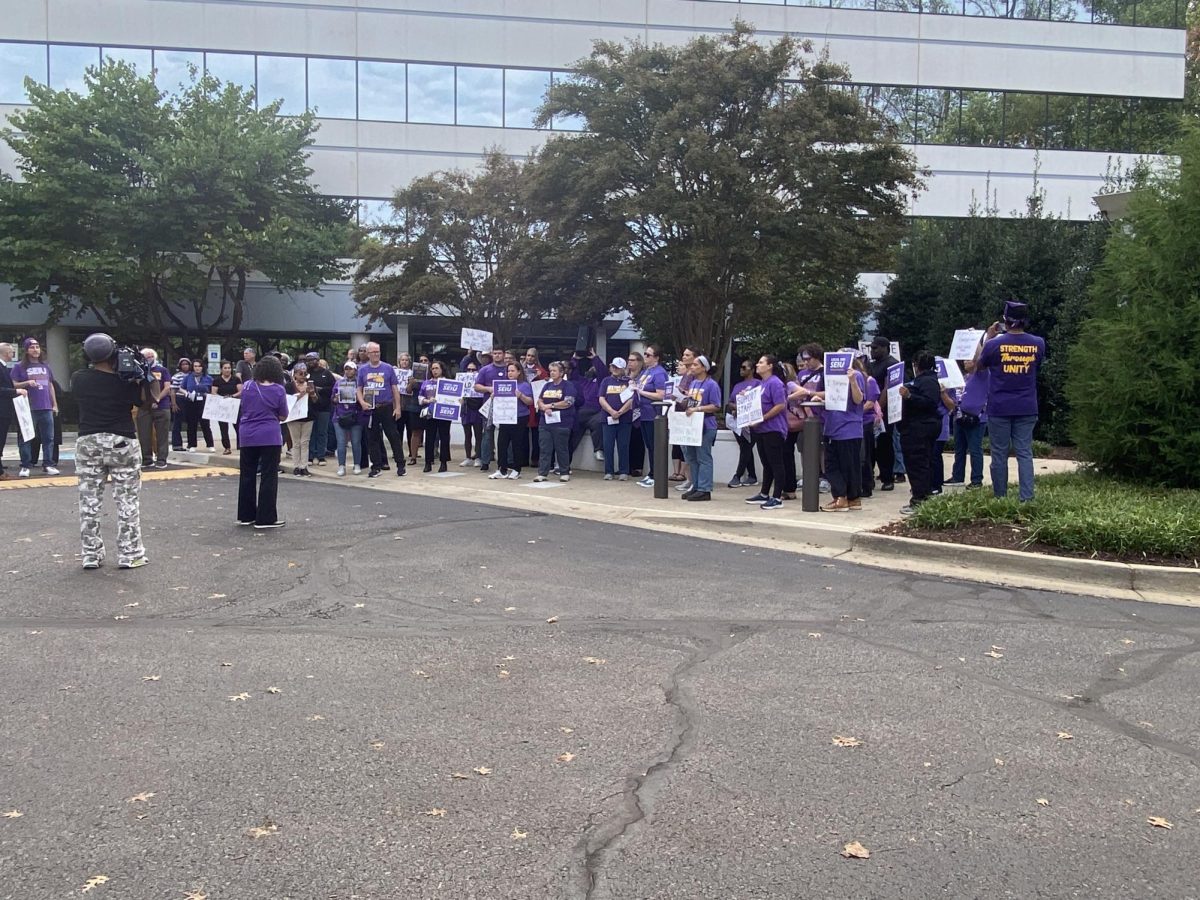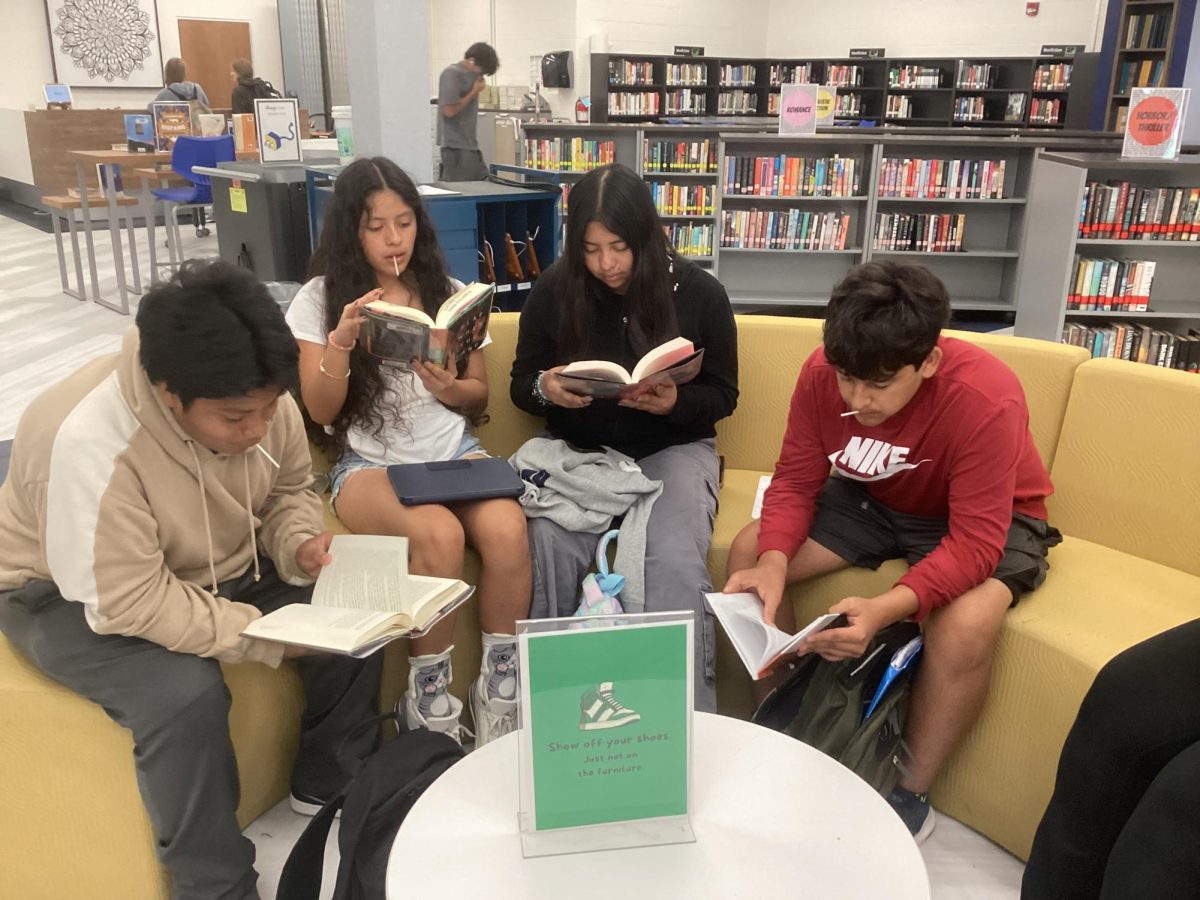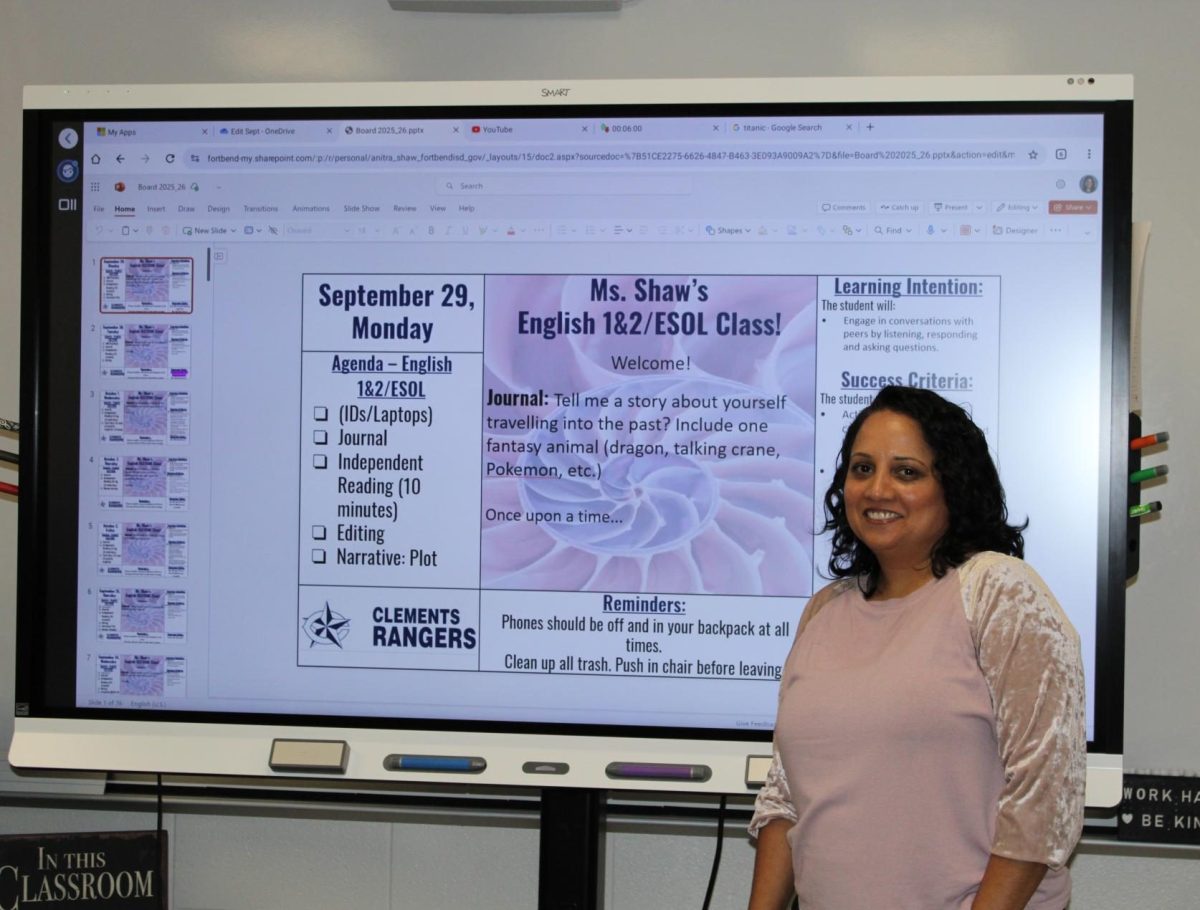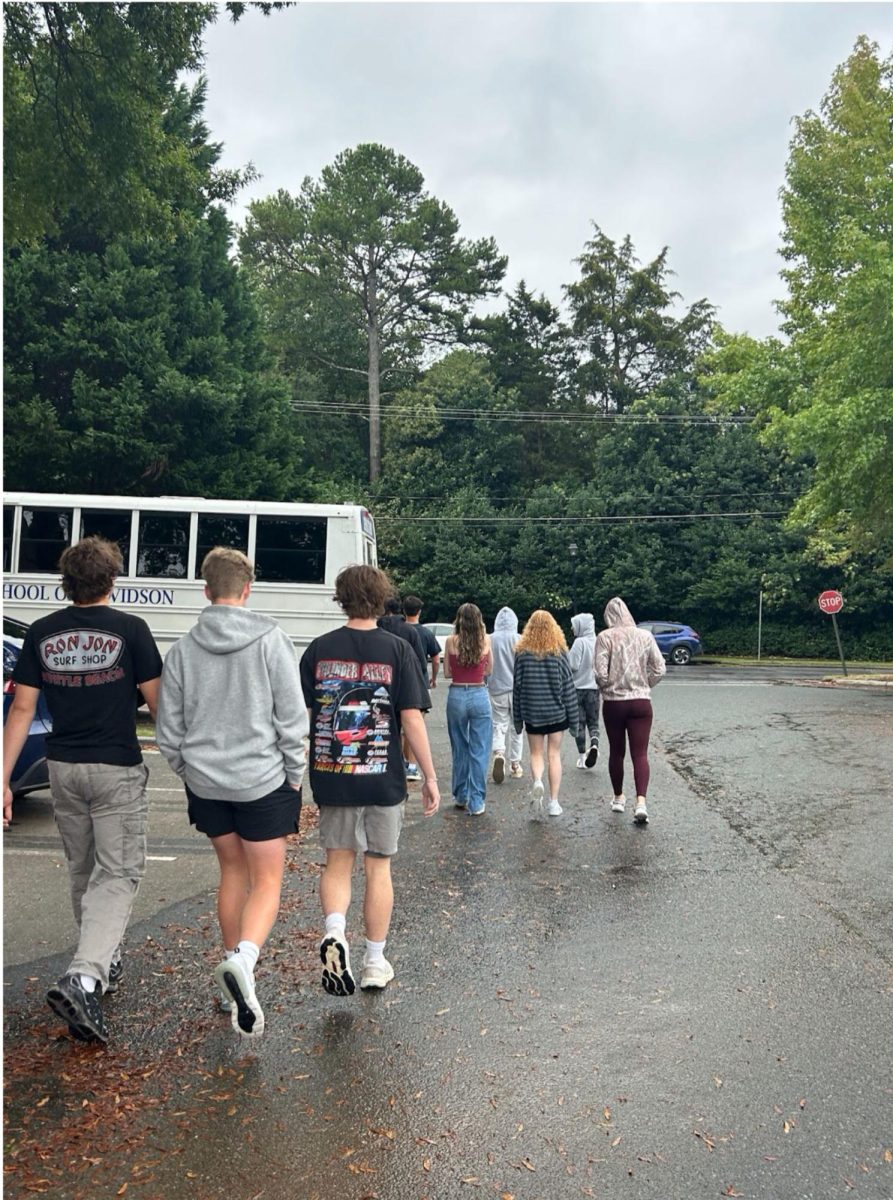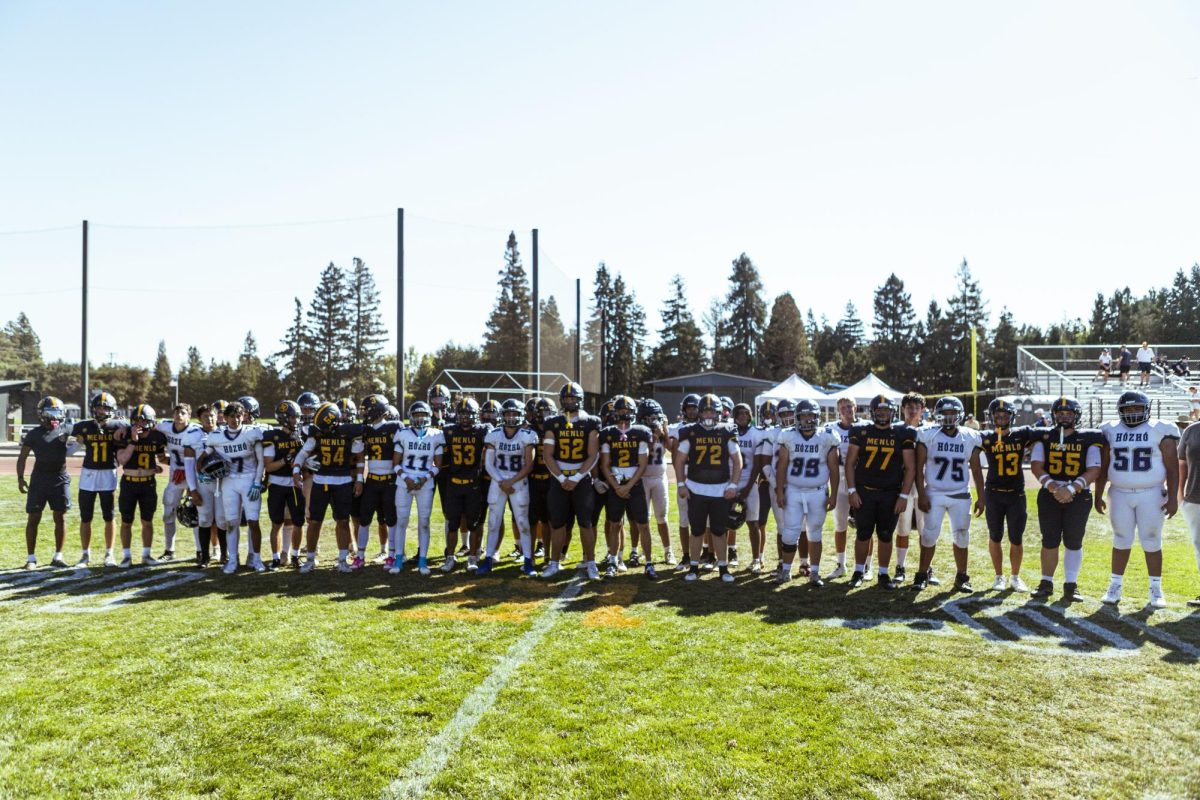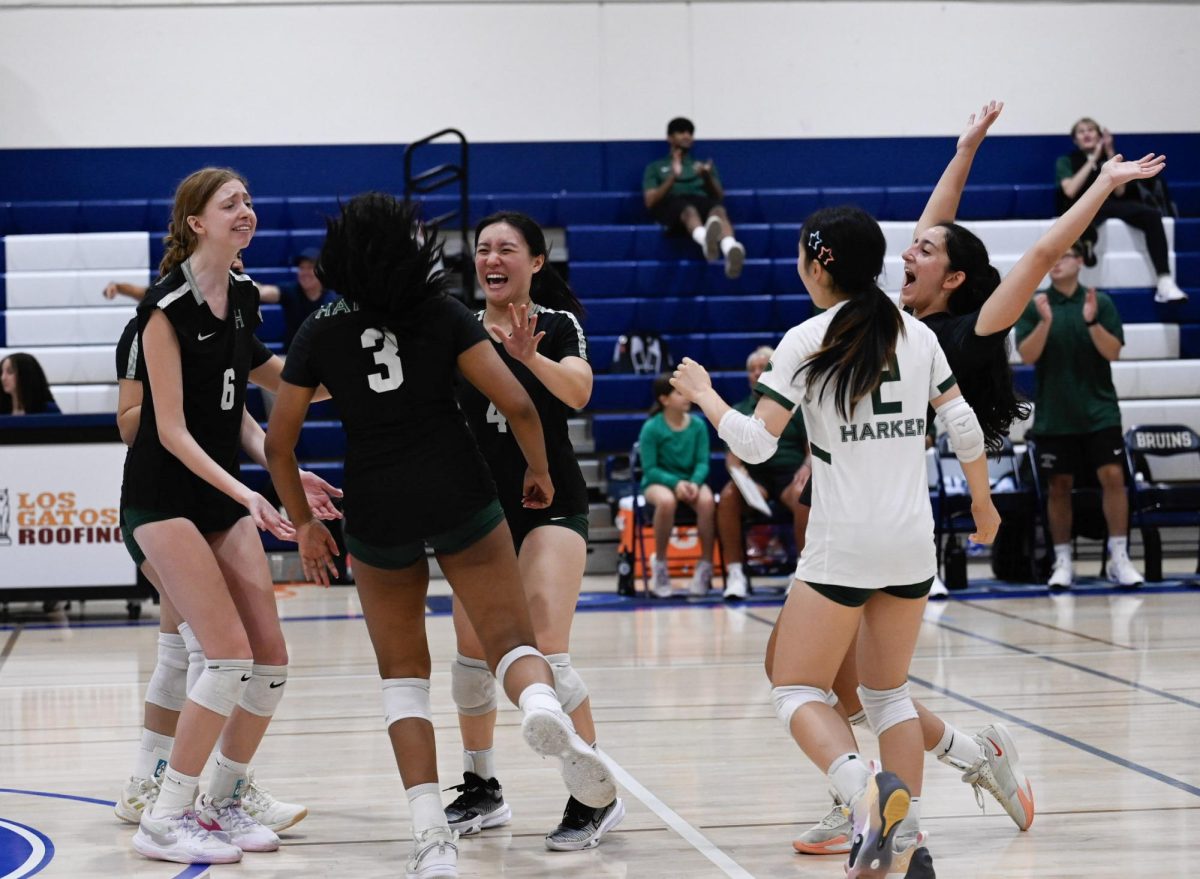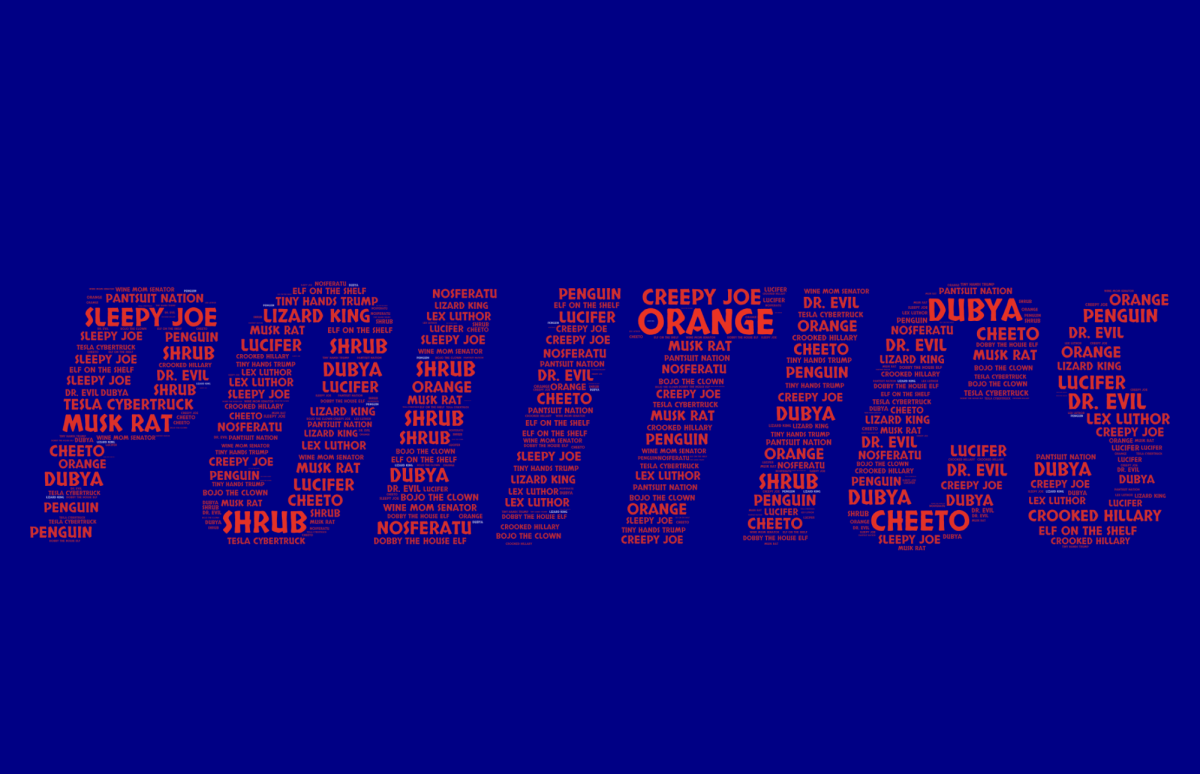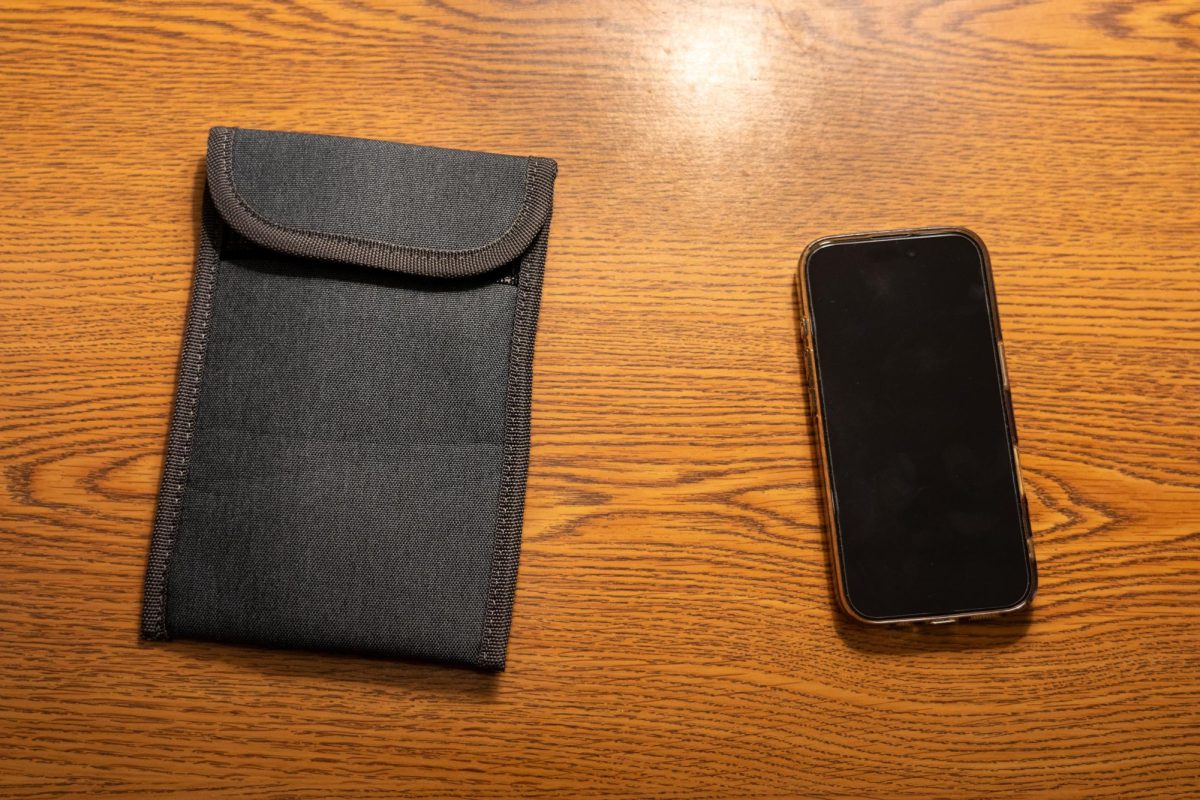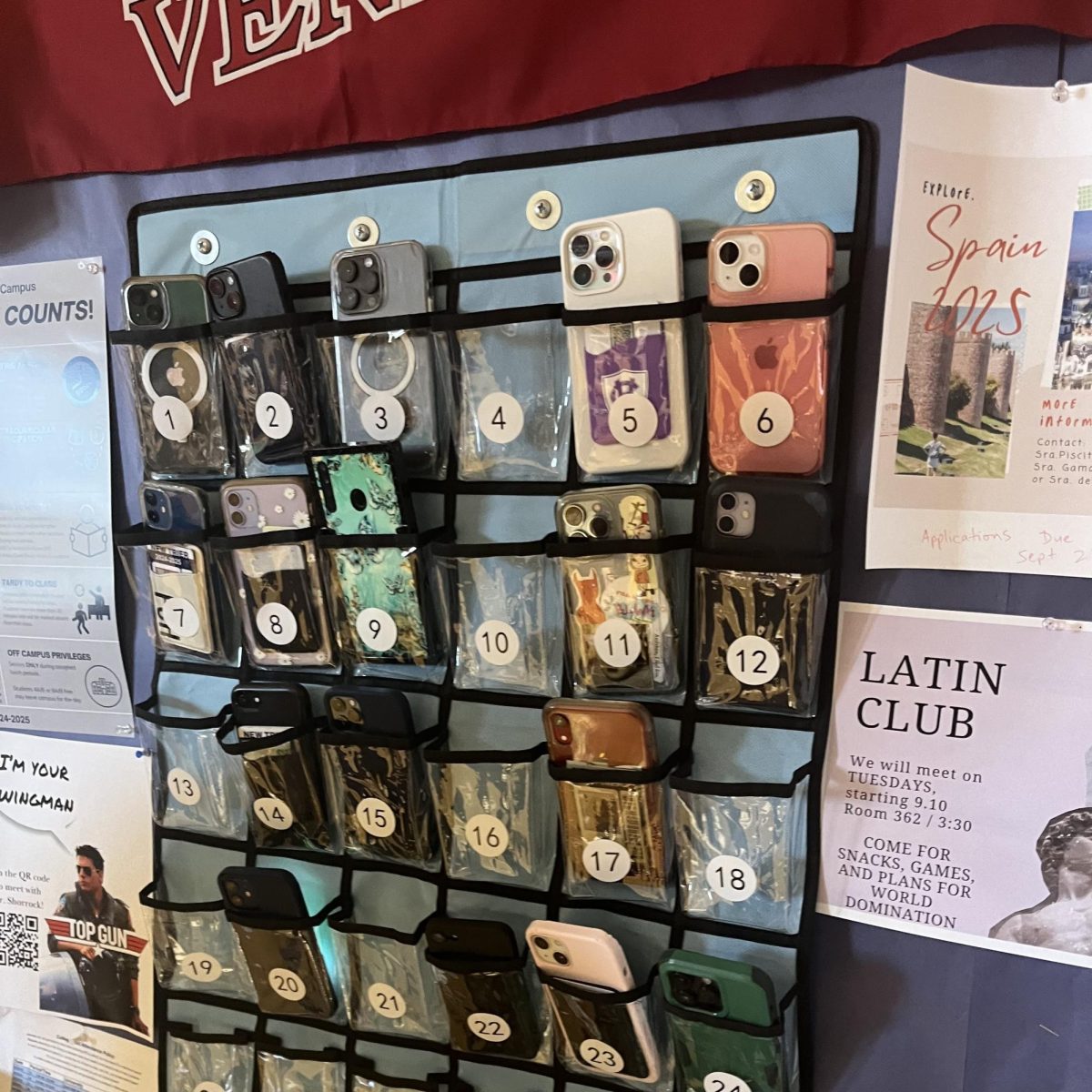As many school districts nationwide contemplate and enact restrictions on cellphones in school, New Trier High School has formed a committee to research the issue. The committee, tasked with considering potential changes to school phone policy, was announced at the Board of Education meeting on July 15.
Superintendent Dr. Paul Sally said he wants the committee to take a comprehensive look at the impact of cellphones in school, citing research on cellphone and social media usage contributing to distraction and lack of engagement at school.
Many recent studies have highlighted concerns over cellphone distraction in the classroom. A November 2023 Pew Research Center survey found that 72% of high school teachers see student cellphone distraction as a “major problem” in their classroom.
In response, 13 states have passed laws restricting student cellphone use in school or issued recommendations to local districts. Over the summer, the Los Angeles School District voted to ban student use of cellphones and social media during the entire school day, a major step in the second-largest school district in the nation.
Locally, some high schools are headed in the same direction. In April, Evanston Township High School (ETHS) adopted a new policy restricting cellphone use in classrooms.
This school year, the Northfield Campus has implemented a similar policy where cellphones must be in a phone caddy during class, including during any break a class takes. Under this policy, students can still use their cellphones between classes, at lunch, and during free periods. Meanwhile, the standard at the Winnetka Campus leaves the decision to the discretion of teachers, giving them the option to require cellphones to be put away.
Kurt Weiler, who teaches English at Winnetka, hasn’t found phones to be a major disruption in his classes but believes their presence can lead to issues.
“I still think it’s been a mild distraction for some kids if it sits out there on the desk and it’s too easy to get a hold of,” Weiler said. “If kids keep it in their backpack, I don’t see any difference between that and putting it in a phone caddy.”
Using cellphone caddies has been a practice of some teachers for years. Now, Northfield Campus Principal Paul Waechtler said the administration is asking every Northfield teacher to do it.
“It just felt like a good thing for us to try and pilot to see if we had a consistent practice that would be, quite frankly, beneficial to the student to not have distractions and be able to focus on learning and focus on getting to know their peers in the classroom,” Waechtler said.
David Weston, a social studies teacher at Northfield, said he has seen a change in student engagement with classroom material under the new policy.
“More students are focused on the curriculum and also engaging in conversations with one another about the curriculum, as opposed to being consistently interrupted by devices in their pockets,” Weston said.
He also said he has been able to connect more with his students with cellphone-free breaks.
“I don’t have to walk up and be like, ‘Oh, hey, would you mind putting your phone down for a second so I can ask you about who you are as a person and build a relationship with you?’” Weston said.
Weiler said he has also heard that students at Northfield are talking to each other more, even if it may be awkward initially.
“I think there are a lot of benefits to taking away the social crutch that [phones] can be,” he said.
Freshman Riley McNeal agreed that students should not use cellphones in classrooms but would prefer to put them away in backpacks, rather than a cellphone caddy.
“There’s definitely a lot of kids that forget their phone in the phone bin, and it’s just a hassle to go back and get it,” McNeal said.
This new policy comes as New Trier enters its third year of placing restrictions on school-managed iPads. Students in the class of 2026 and after cannot download apps from the App Store or access iMessages. These restrictions were enacted after teachers and parents raised concerns about students using their iPads for non-educational purposes.
The families of about 6% of freshmen, 10% of sophomores, and 23% of juniors have opted out of the restrictions, according to Waechtler.
“More parents take away the restrictions over time as they feel their children are probably more able to handle it,” he said, adding that the committee will take into consideration what freedoms students may want as they age.
He said as freshmen progress to Winnetka, the new policy does not “automatically move over.”
“Say we made sophomores do it, well, there are classes that have sophomores and juniors,” he said. “You don’t have the benefit of just a single class on the campus like the Northfield Campus.”
Sally also emphasized the importance of not rushing any changes.
“One of the things that’s really important is to take just a little bit of time,” he said. “We do take the time to try to get as much input as we can from lots of people.”
By waiting to enact a full-scale policy, the school will be able to look at examples where policies have had success or areas where they have struggled.
As a parent of two high schoolers at ETHS, Weiler said a cellphone ban can cause discomfort, but after some time, can lead to a general sense of relief.
“I wasn’t sure how my kids would react,” Weiler said. “The frustration doesn’t seem to last very long for most people. It came up the first few days, low-level irritation, and it hasn’t come up again.”
For now, the committee at New Trier is moving forward with studying the whole issue. Sally has asked the committee to be prepared to present a recommendation to the board by the March meeting, in hopes of a proposal in time for next school year.
Until then, the committee’s priority is considering the logistics of different proposals—the benefits, drawbacks, and considerations in the implementation of each potential plan. In doing so, they want input from people in the school community.
And as some students express concerns about a potential phone ban, Sally said the school is looking to engage them in this process.
“We want to hear from students,” he said.
Although restrictions on cellphones at school can potentially help limit distractions, Weiler believes that’s only one part of a broader issue that’s much more difficult to address.
“I worry about how distracting it is outside of school hours with the kind of work that requires attention and concentration and just can’t happen if you’re constantly jumping from your work to your phone,” Weiler said. “I worry about it at school, but I don’t think the problem is solved by not having them available at school.”
This story was originally published on New Trier News on September 17, 2024.

